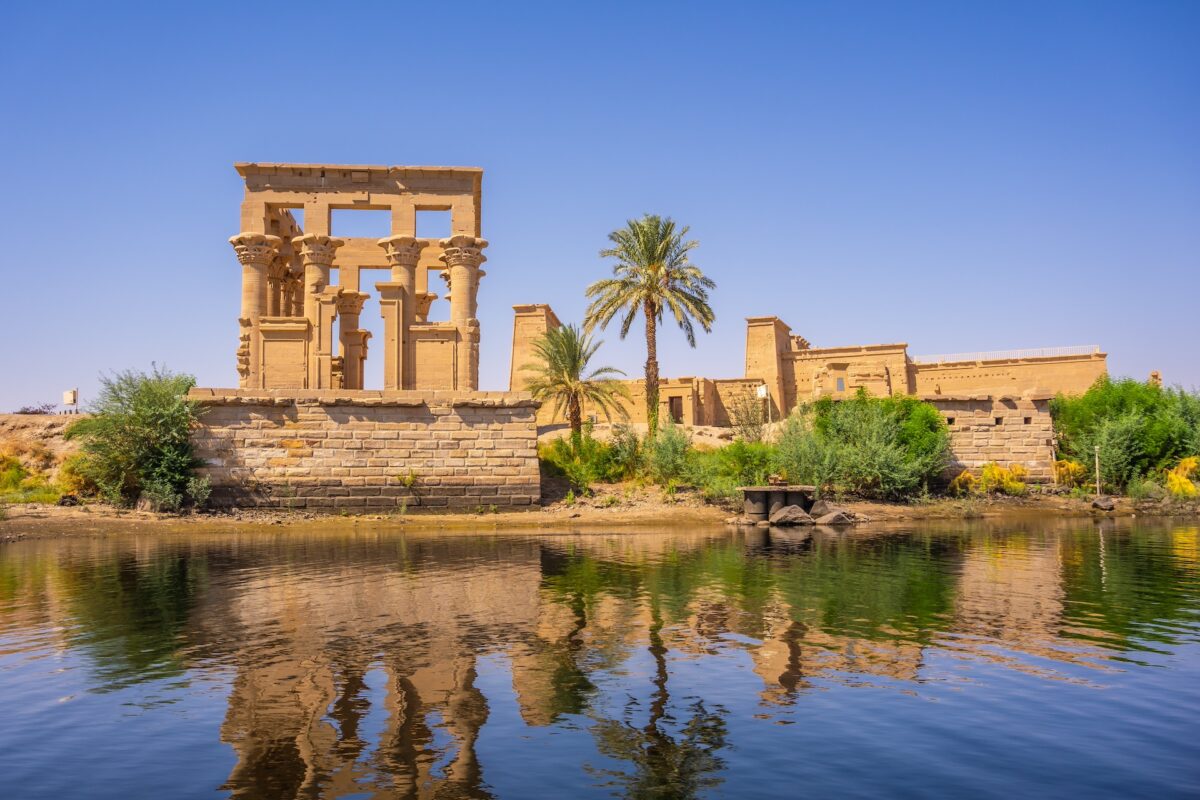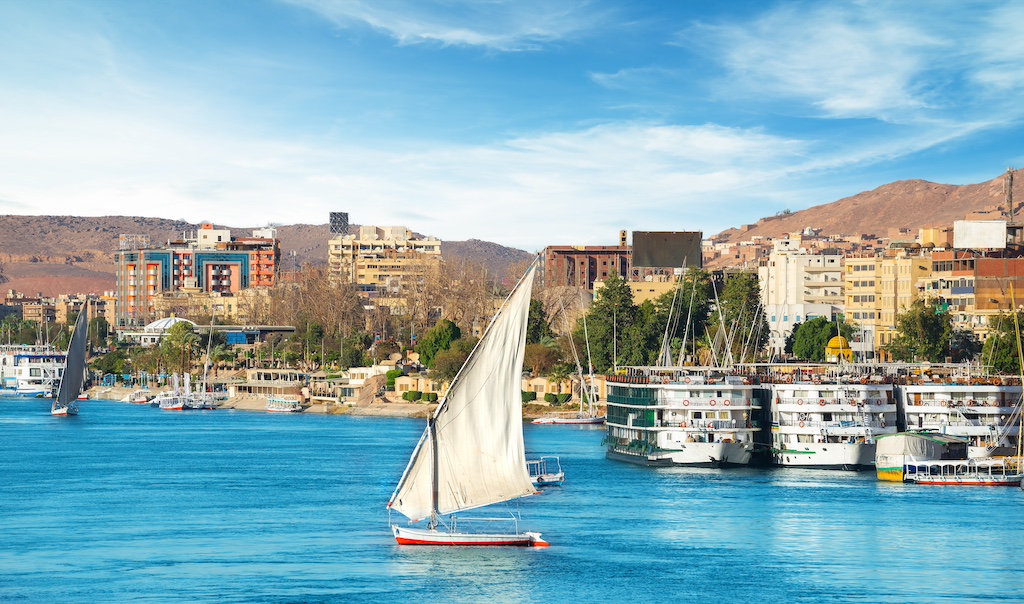Whether you’re looking for Egypt tour packages, luxury tours, or day tours, we’ve got you covered. Vantage Travel will help you plan itineraries which combines culture, adventure, and relaxation all in one. Choose your dream Nile cruise sailing through southern Egypt and discover the most incredible and majestic temples between the cities of Luxor and Aswan.
Our tours are designed to give you the best possible experience of this amazing country, and we’ve got something to suit every budget and interest. Whether you want to explore the ancient Giza pyramids or take a cruise down the Nile, we can tailor a package just for you.
Capital City: Cairo
Population: 102.674.145
Language: Egyptian Arabic
Area: 1,010,408 km2
Currency: Egyptian Pound
Time Zone: UTC+2
County Code: +20
Government: Unitary semi-presidential republic
Although different regions experience different weather patterns, in general, Egypt has an arid desert climate meaning days are usually both hot and sunny. Because it is located in the northern hemisphere, seasons in Egypt follow much the same pattern as those in Europe and North America, with winter falling between November and January, and the peak summer months falling between June and August.
Winters are generally mild, although temperatures can fall below 50 degrees Fahrenheit (10 degrees Celsius) at night. In the Western Desert, record lows have dipped below freezing during the winter months. Most regions have very little precipitation regardless of the season, although Cairo and areas of the Nile Delta may experience a few rainy days during winter.
Summers can be unbearably hot, especially in the desert and other areas of the country’s interior. In Cairo, average summer temperatures regularly exceed 86 degrees Fahrenheit (30 degrees Celsius), while the record high for Aswan, a popular tourist destination on the banks of the River Nile, is 124 degrees Fahrenheit (51 degrees Celsius). Summer temperatures remain high at the coast but are made more tolerable by regular cool breezes.
HIGH SEASON (MID-OCTOBER—FEBRUARY)
Best time for exploring without the sweat
SHOULDER SEASON (MARCH—MAY, SEPTEMBER—EARLY-OCTOBER)
Best time to avoid the crowds
LOW SEASON (JUNE—AUGUST)
Best time to dive in the Red Sea
TRAVELLING DURING RAMADAN
If you’re traveling during Ramadan, be aware that tourist sites, along with most shops and services, operate shorter hours and many non-tourist orientated restaurants and cafes only open after sunset.
In Egypt, non-Muslims are not expected to observe the fast but visitors should politely show respect for fasters by being discreet – don’t blatantly swig from your water bottle or munch snacks on the street.
DO:
DON’T:
DO:
DON’T:

Secreted within the jagged northern mountains of the Red Sea coast, the Monastery of St. Anthony has been a working monastery since the 4th century, and today is still home to around 120 monks

Secreted within the jagged northern mountains of the Red Sea coast, the Monastery of St. Anthony has been a working monastery since the 4th century, and today is still home to around 120 monks

Secreted within the jagged northern mountains of the Red Sea coast, the Monastery of St. Anthony has been a working monastery since the 4th century, and today is still home to around 120 monks
Egypt welcomes visitors throughout the year to its Egypt tours. In Egypt, a new tourist attraction arises at the start of each season. The greatest time to enjoy Sharm el-Sheikh and Hurghada day tours is in the fall season, as well as Cairo and Giza, where the pyramids and the Sphinx are, is in the summer season. Luxor and Aswan day tours sparkle brightly in the winter to welcome tourists.
This is a difficult question to answer as it depends on your interests and how much time you have. Generally speaking, we recommend at least 5 days in Egypt to get a good feel for the country. This will allow you to visit some of the most famous sights, such as the Pyramids and the Valley of the Kings
The average cost of a tour of Egypt varies depending on the type of tour, the duration of the tour, and the company providing the tour besides the number of people in your group and the season you travel.
Egypt is one of the safest tourist destinations in the world at the time being. One of the main features in Egypt is its so kind-hearted local people, who know well how to treat tourists coming from all over the word to visit Egypt, so you will feel safe while spending your vacation in Egypt and exploring all our Egypt tours.
In order to enjoy your excursions to Cairo and see the Great Pyramids of Giza, you’ll want to spend a minimum of four or five days in the area. In a week, you can see the pyramids, explore Cairo, and make a side trip to Luxor and/or Alexandria. Spend longer than a week and you can see all of the above plus make an excursion to the southern border and see the impressive Abu Simbel temples. If you solely plan to visit Giza’s pyramids, you could technically do so in two or three quick days—this is a whirlwind experience, and we highly recommend spending more time.
In order to enjoy your excursions to Cairo and see the Great Pyramids of Giza, you’ll want to spend a minimum of four or five days in the area. In a week, you can see the pyramids, explore Cairo, and make a side trip to Luxor, Aswan and/or Alexandria. Spend longer than a week and you can see all of the above plus making an excursion to the southern border and see the impressive Abu Simbel temples.
you have. Generally speaking, we recommend at least 5 days in Egypt to get a good feel for the country. This will allow you to visit some of the most famous sights, such as the Pyramids and the Valley of the Kings
